Estimated reading time 6 minutes, 41 seconds.
In late March, the Federal Aviation Administration (FAA) issued its long anticipated “Breaking Barriers for Women in Aviation: Flight Plan for the Future” report. There are a lot of challenges identified and several great ideas to counter them throughout the report, but one set of numbers stood out to me like red and blue flashing lights in the rearview mirror — telling us something is very wrong.
Here it is straight from a survey of female aviation professionals contained in the report.
“Seventy-one percent of respondents reported that they had experienced sexual harassment in the workplace or another professional aviation setting, and 81 percent reported having witnessed sexual harassment. Moreover, 51 percent of the women who had reported, complained about, or would not submit to the harassment experienced retaliation.”

Let’s cut through the numbers to say what this really means. Seven out of 10 of our professional colleagues have been sexually harassed while working, presumably by men who are supposed to be their trusted teammates. Notwithstanding the ethical, professional, and perhaps even criminal aspects of this, the safety implications are ominous. Personally, I can’t imagine trying to conduct solid crew resource management (CRM) in this setting, or how difficult it must be to stay focused on maintenance airworthiness concerns in a hostile work environment. To get a better idea, let’s take a look at the perspective of one young pilot who has gone through it.
Professional pilot Ariane Morin explains what sexual harassment does to a pilot’s psyche this way:
“Harassment is often dismissed as the cost of being in a male-dominated field. There is no reward or resolution for whistleblowers and only the risk of being ostracized for speaking up. The level of casual sexual objectification and sexual proposition destroys your self-worth and teaches you to believe that your only value is in the sexual opportunity you present. It makes you hate to go to work when you don’t know who you’ll be sitting next to in the cockpit. Your psychological safety isn’t considered.
It’s suffocating. A professional environment shouldn’t be where you seek a sexual conquest, much less in a safety-critical industry.
“While on duty, I’ve worked with absolute gentlemen, the pinnacle of professionalism; skilled, friendly, considerate, and charismatic. Sexual harassment isn’t a part of working with men, it’s a part of working with predators.”
“Predators” is a harsh word, but certainly justified. Let me speak directly to my fellow men out there for a minute. Even if this term doesn’t apply to you personally, this isn’t a situation where we can stand on the sidelines and wait for a new rule from the regulator or our organizational culture change initiative to come out. We must engage day-to-day to encourage and support our teammates on the flight deck, in the cabin, in the maintenance bays, and in the office.
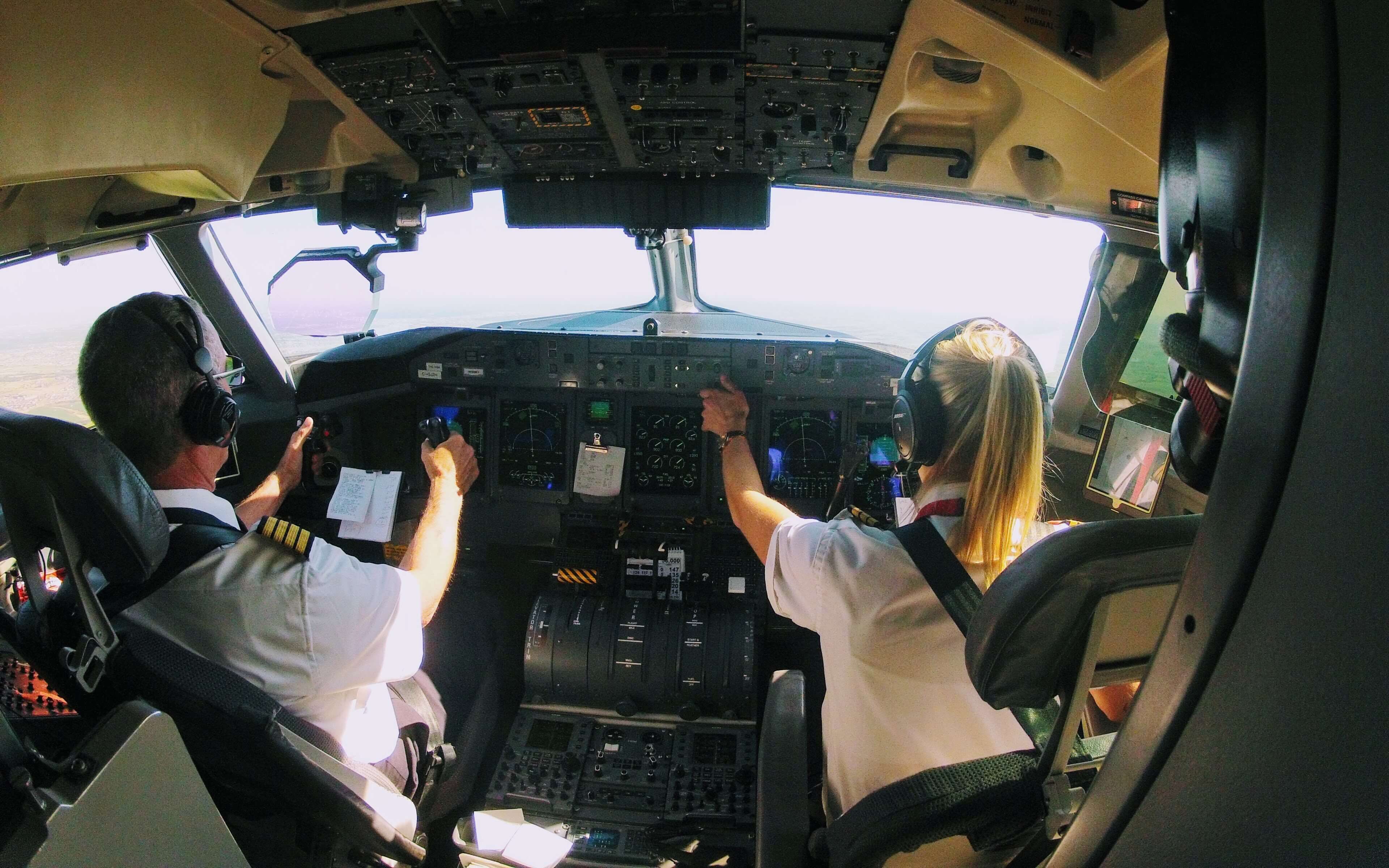
The aviation culture is dominated by men who make up over 90 percent of the current workforce. The solutions must come from us — each of us. The women in our industry aren’t looking for saviors or to broadcast some kind of victimhood message, they are merely seeking allies in creating a safe and professional setting that builds trust, so they can do their jobs well. We can all pull our weight in this regard.
This may be a systemic problem, but it is a personal accountability issue. It’s well past time for true professionals to step forward and put an end to this, wherever and whenever they see it.
Failure of professional men to step forward will result in two outcomes we cannot afford. The first is to have our fellow female colleagues fighting an uphill battle on safety and professionalism that is both distracting and, frankly, not their problem. It is ours.
Secondly, our industry needs high quality people in large numbers to sustain our record of performance, and perhaps even improve it. Let’s not shut out half of the qualified candidates because men don’t have the courage, will, or decency to fix this problem.
Tony Kern is one of the world’s leading authorities on human factors in aviation. A former lieutenant colonel in the U.S. Air Force (USAF), he served as chief of the USAF Human Factors Steering Group and has authored eight books on professionalism inside and outside of aviation.



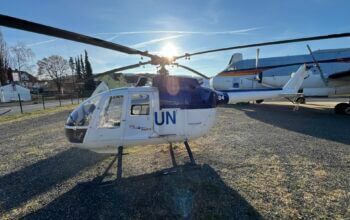
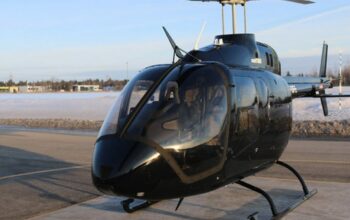
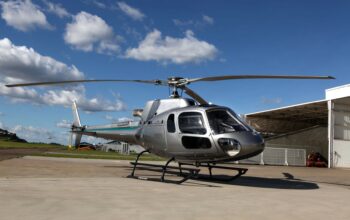
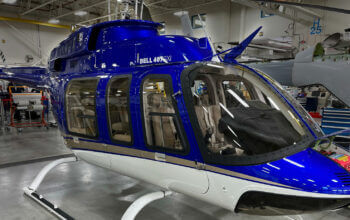
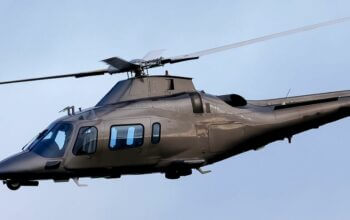

Bravo. Well written.